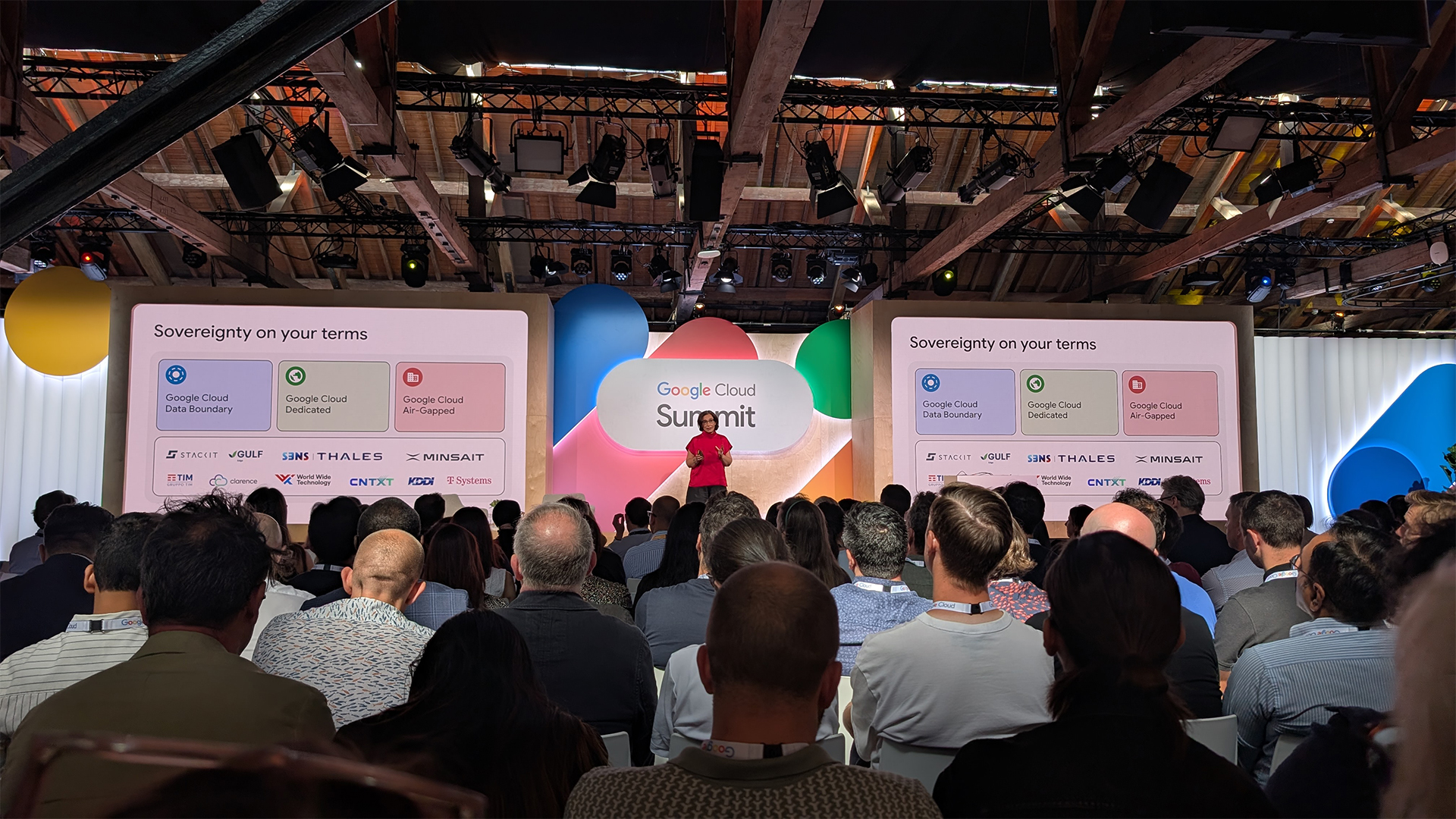Google under fire for banning privacy app from Play Store
Privacy app maker Disconnect claims app was banned for challenging Google's revenue generation models

Privacy app maker Disconnect has blasted Google's attitude to user's data security after having one of its newest creations banned from the search giant's Play Store.
The company's Disconnect Mobile app was removed from the Google Play Store on Tuesday, just five days after release, over claims it violated a single term in the vendor's Developer Distribution Agreement.
The contentious app is designed to safeguard users' privacy by preventing other apps installed on the person's device from collecting data about them.
According to Google, this constitutes a breach of the term 4.4 in its Developer Distribution Agreement, which states that developers must not create products with the potential to interfere with the running of third-party properties.
"You will not engage in any activity with the Market, including the development and distribution of products, that interferes with, disrupts, damages or accesses in any unauthorised manner the devices, servers, networks, or other properties or services of any third party including, but not limited to, Android users, Google or any mobile network operator," it states.
In a blog post, alerting users to the app's ban, the Disconnect team hit out the broad phrasing of Google's Developer Distribution Agreement, claiming it paves the way for the firm to ban almost any app in the Play Store.
"The very brief description of the reason was so vague and overly broad that every app in the Play Store, even Google's own applications, could be alleged to be violation," the post states.
Sign up today and you will receive a free copy of our Future Focus 2025 report - the leading guidance on AI, cybersecurity and other IT challenges as per 700+ senior executives
"With terms like this, Google can ban any app for no good reason."
The team reportedly had an earlier version of the product blocked from the Play Store in 2013 following a U-turn by Google on its policies about using localhost proxies.
The Android app it was in the throes of developing relied on one, which meant returning to the drawing board.
"Because of that experience, we took every precaution with our new app not to utilise any technology that wasn't clearly documented and actively supported by Google," the post continues.
"The banned app utilises the VpnService API that has been made publicly available by Google since at least 2011. Thousands of other applications utilise the same API. So why were we targeted and why didn't Google provide an explanation?"
The post then goes on to speculate the app's actions may have posed a threat to Google's advertising models, which is why it was canned.
"We may never know Google's true motivation for removing our app, [but] it seems likely that they determined it threatened their tracking and advertising-based business model, which accounts for over 90 per cent of Google's $66 billion in estimated 2014 annual revenue," it adds.
The company is in the throes of appealing against Google's decision, in the hope of getting the app eventually reinstated in the Play Store, but is also urging potential users to seek out other means of downloading it.
"Google has way too much power over distribution of applications on Android and can kill applications at will without justification," the blog reads.
"This is why efforts to create alternative Android-based platforms that respect user privacy... are so important for the future of the increasingly Android-based internet."
IT Pro contacted Google for comment on this story and was told, while it doesn't comment on individual cases, its "policies are designed to provide a great experience for users and developers. That's why we remove apps from Google Play that violate those policies."
-
 Google Cloud announces new data residency flexibility for UK firms, accelerator for regional startups
Google Cloud announces new data residency flexibility for UK firms, accelerator for regional startupsNews UK-specific controls and support for up and coming AI firms is central to Google Cloud’s UK strategy
-
 Workers are covering up cyber attacks for fear of reprisal – here’s why that’s a huge problem
Workers are covering up cyber attacks for fear of reprisal – here’s why that’s a huge problemNews More than one-third of office workers say they wouldn’t tell their cybersecurity team if they thought they had been the victim of a cyber attack.